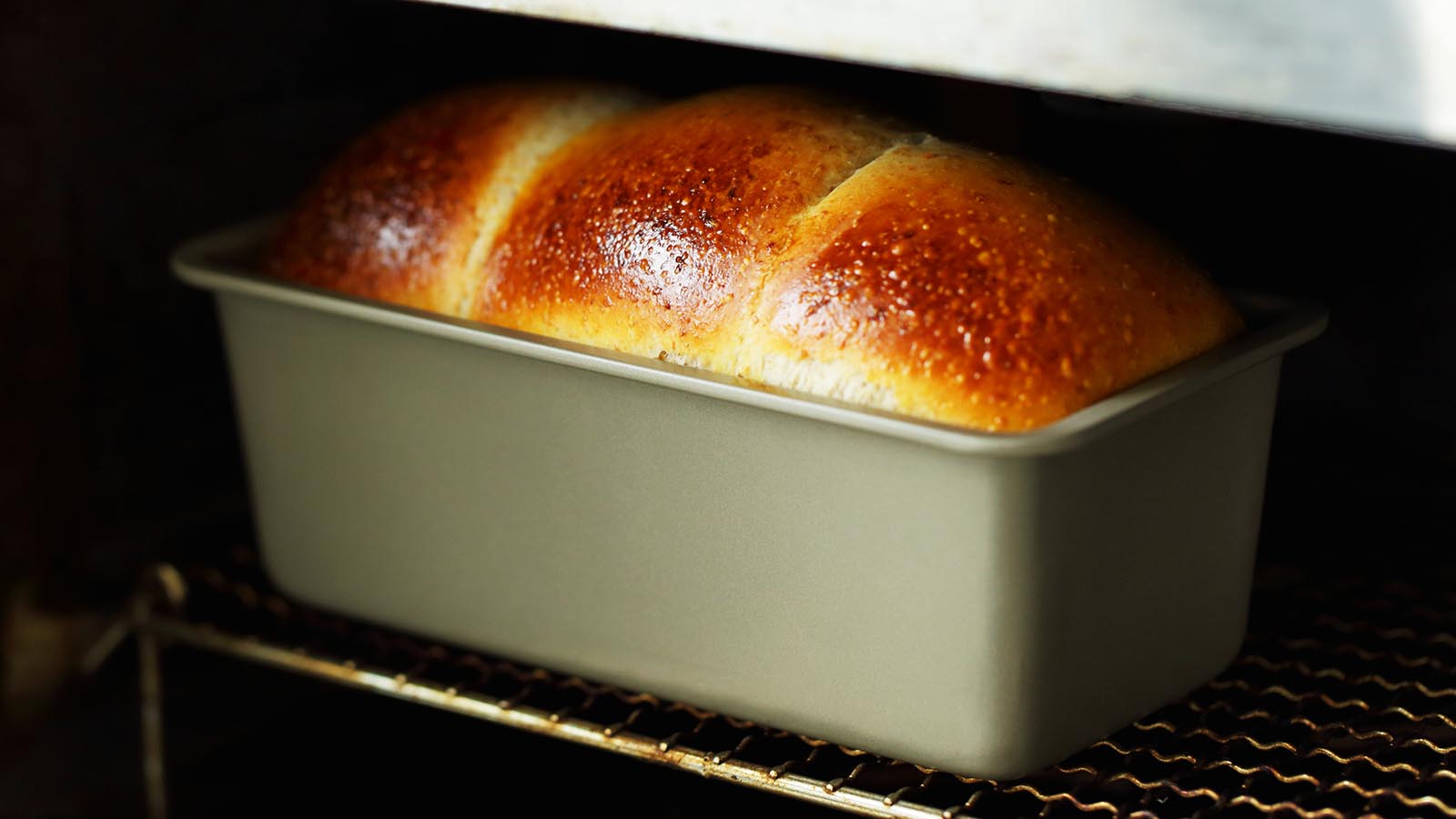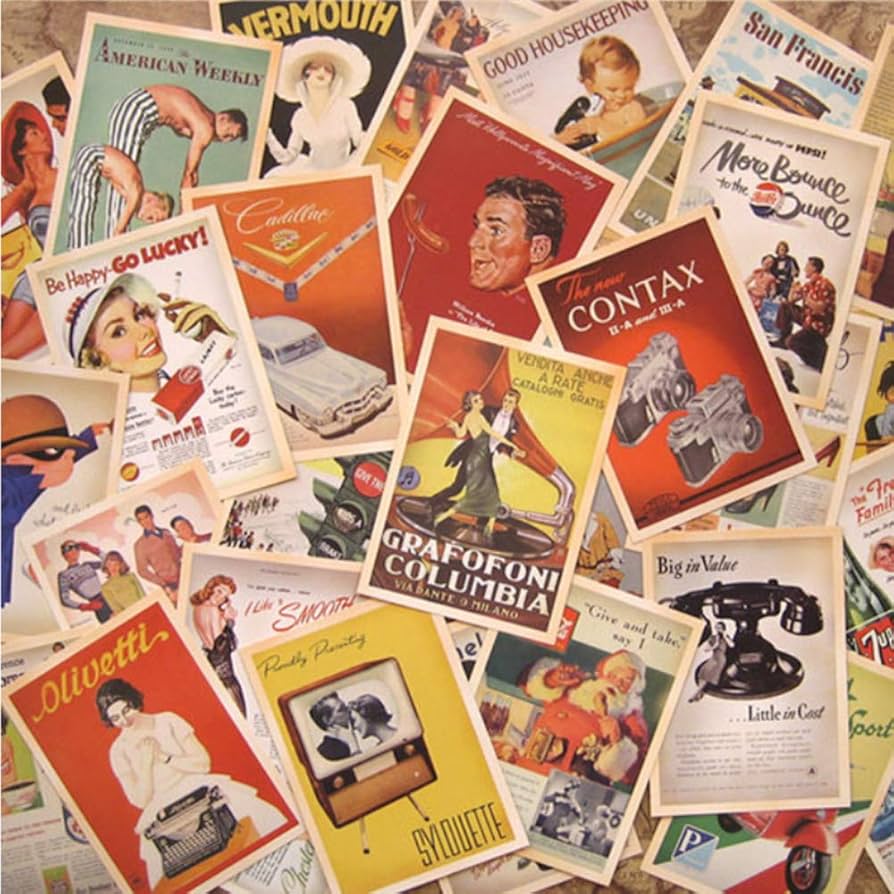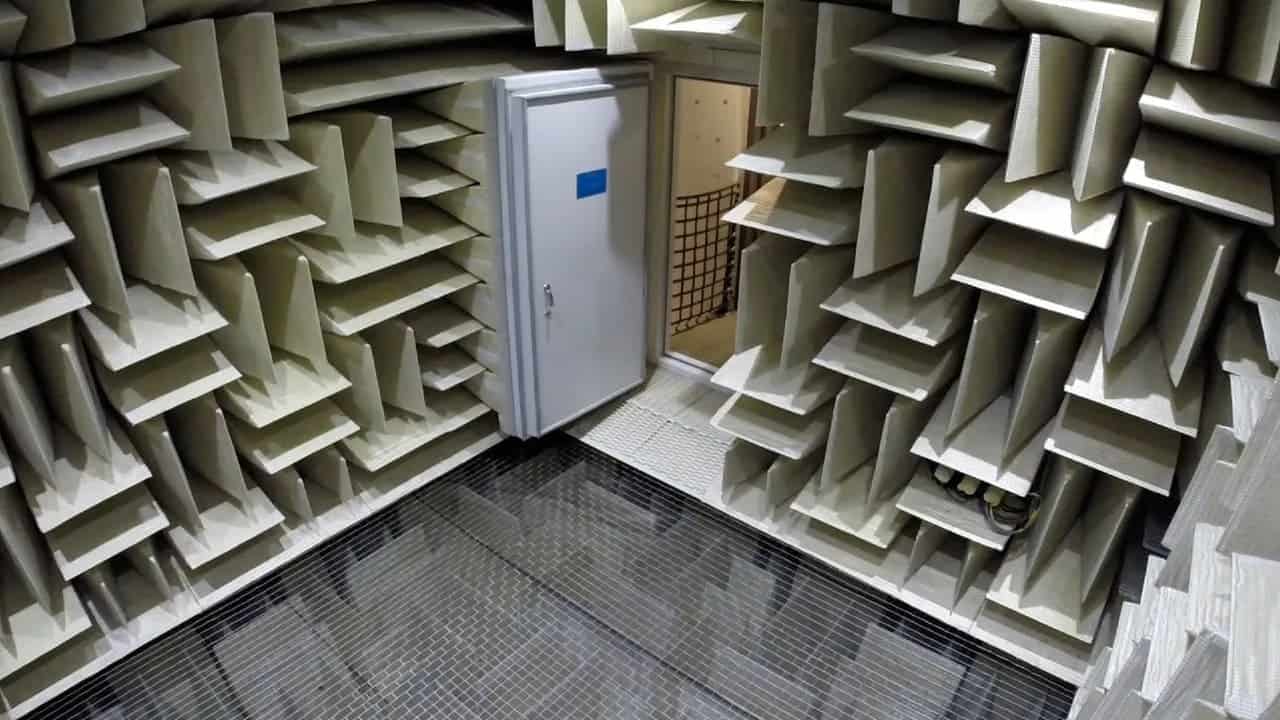There is something magical about baking bread that I never truly understood until I tried it myself. I had always thought of bread as a simple, utilitarian part of the day—a vehicle for butter, a holder for jam, a quiet companion to coffee. But deciding to bake my own, to knead the dough, wait for it to rise, and feel the warmth of the oven, taught me more about time than any calendar or clock ever could.
It started with a Sunday morning that I didn’t fill with errands or emails. Instead, I stood in my tiny kitchen, flour dusting the countertop like a fresh snowfall, and measured yeast as if performing a ritual. There was a thrill in the simplicity, in the repetition of steps that demanded patience rather than speed. The dough was sticky, rebellious at first, resisting my hands as though testing my resolve. Kneading it felt like a dialogue—sometimes rough, sometimes gentle. With each press, fold, and twist, I became acutely aware of my own rhythm. Time slowed.
Waiting for the dough to rise was an exercise in stillness I had rarely encountered in my everyday life. Normally, I chase minutes as if they were mischievous birds escaping my grasp. But watching the dough swell beneath a damp cloth forced me to surrender. It grew and stretched at its own pace, unconcerned with my schedule, my expectations, or my plans. I sipped tea, glanced out the window at the soft light spilling across the street, and for the first time in months, allowed the moments to expand without urgency.
There was a subtle poetry in the transformation of the dough. Flour and water, elements so ordinary, combined into something alive, capable of change and growth. It reminded me that time is not just a linear sequence of events but a space in which transformation can happen quietly, almost invisibly. When the dough finally doubled in size, I marveled at its resilience and softness. It was a tangible reminder that patience and care create depth, that growth cannot be rushed.
Shaping the loaf brought its own lessons. I formed the dough into a simple oval, pressing and tucking, adjusting with intuitive hands. It reminded me of sculpting, yet more forgiving. Unlike deadlines or obligations, the dough didn’t punish my mistakes; it simply responded. And in that response, I felt a connection to the material world that I had been missing in my fast-paced routines. It was tactile meditation, each fold a reminder that attention to detail changes outcomes, that presence is a practice.
Baking itself was a suspenseful kind of magic. I placed the loaf in the oven and listened to it hiss and sigh as the heat permeated its body. I watched through the small glass window, mesmerized by the gradual color change—the pale, doughy form darkening into golden perfection. The aroma began to fill the apartment, rich and enveloping, a signal that transformation was complete, yet had taken its own time. In that moment, I realized how often I undervalue processes because I only focus on outcomes. Bread does not hurry, and yet it delivers profound reward.
Eating the bread for the first time was an entirely different experience. The crust crackled under my fingers, the inside soft and warm. I savored each bite, noticing the textures and the slight tang of fermentation. I realized that the taste was inseparable from the journey of making it—the kneading, the waiting, the baking. This wasn’t just food; it was a living chronicle of time passed slowly and attentively. I felt nourished not just physically, but mentally, emotionally. Time, in its unhurried form, had gifted me patience, focus, and presence.
The experiment continued through the week. Each loaf taught me subtle variations: some days the yeast was sluggish, other days it sprang to life almost eagerly. I learned to listen to the dough, to sense when it needed more warmth, more kneading, or simply more patience. It was like observing a small ecosystem unfold beneath my hands, each change a lesson in observation, adaptation, and care. My mornings became a dialogue with time itself, an intimate partnership rather than a battle against it.
I began to notice parallels between baking and life outside the kitchen. Projects at work, friendships, even my own personal growth, all require the same combination of patience, attentiveness, and trust in the process. The rush to finish, to see immediate results, often undermines the depth of experience. Just as bread cannot rise faster than its biology allows, I realized that meaningful change in life cannot be forced. It requires surrender, repetition, and attention to subtle cues.
Baking bread also changed the way I structured my days. Instead of glancing at the clock every few minutes, I began measuring time by the rhythm of my actions: kneading, resting, shaping, baking. The stopwatch mentality faded. I began applying this to other areas of life: reading, walking, even listening to music. Moments were no longer segmented and rushed; they were flowing, interconnected, and more vivid. There was a serenity in this approach that I had not experienced in years.
By the end of the month, the bread experiment had become more than a culinary practice—it was a philosophy. I approached mornings with calm, evenings with reflection, and found that waiting no longer felt like an inconvenience but a kind of invitation. Bread taught me to respect cycles, to notice growth, and to embrace the slow unfolding of things. I began noticing beauty in ordinary processes, in the small transformations that go unseen when life is measured only by minutes and deadlines.
I even shared some of my loaves with friends and neighbors, and it struck me that the joy extended beyond the bread itself. Sharing the result of careful attention and patient practice created moments of connection. People noticed the care, the warmth, and in return, I felt acknowledged not for productivity, but for presence. Bread became a medium for slowing down, for connecting, for appreciating the continuum of time.
Ultimately, baking bread changed my perception of time from an enemy to a companion. I realized that slowing down is not wasted time; it is the medium in which depth, resilience, and joy can flourish. Time is like yeast: it cannot be rushed, yet when given the right conditions, it transforms the ordinary into something extraordinary. My mornings are no longer filled with the anxious ticking of the clock; they are filled with flour, warmth, and the quiet wonder of life rising slowly, steadily, and beautifully.



